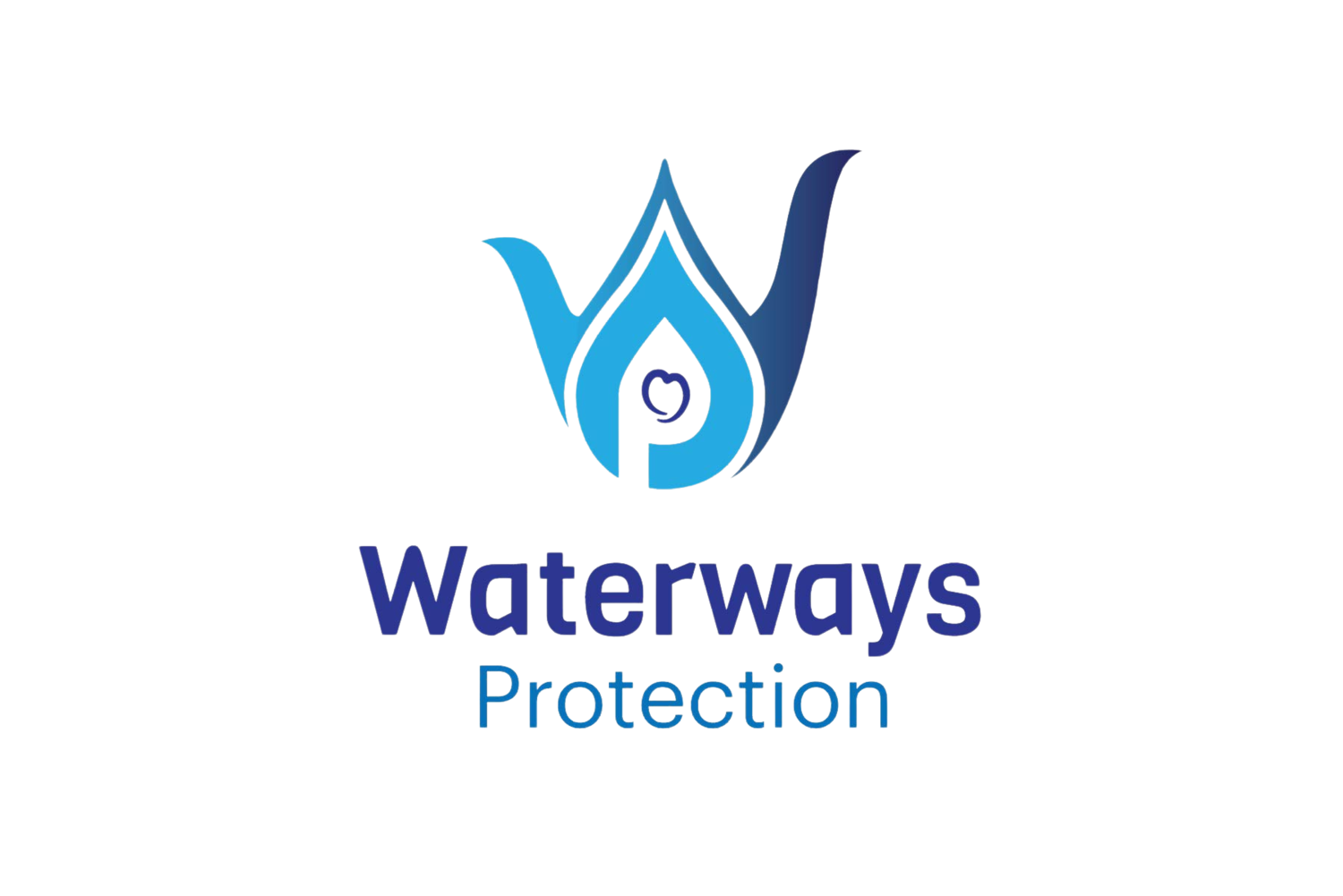Pollution and the Triangle of saddness.
An issue that is both profound and urgent—the state of our environment, particularly the pollution that taints our water and soil, and the forces that perpetuate this damage. But this discussion goes beyond the immediate dangers of pollution; it touches upon a deeper, more insidious system—a triangle of sadness that ensnares us all, replicating itself endlessly, with everyone caught in its web.
The triangle of sadness—this toxic cycle—is composed of three corners: the corrupt interests that prioritize profit over the public good, the compromised state that enables them, and the disempowered citizens who suffer the consequences. This triangle is not static; it perpetuates itself, generation after generation, ensuring that each of us, in different ways, becomes both a participant in and a victim of this tragic cycle.
Take a moment to consider the state, originally established to safeguard our collective well-being. It was meant to be our protector, our advocate, ensuring that our air is clean, our water pure, and our land fertile. Yet, what we see today is a state hijacked, its noble mission distorted by those who seek only to enrich themselves. Industrial lobbyists and corporate giants have wormed their way into the very heart of governance, ensuring that regulations are weakened, oversight is diminished, and that the environment—and by extension, the people—are left vulnerable.
This is the first corner of our triangle: the corrupt interests that have seized control. But the triangle does not end there. The state, once a bulwark against such exploitation, becomes the second corner, an unwitting accomplice. Policies that should protect us are hollowed out, enforcement agencies are starved of resources, and public servants, who should be our guardians, find themselves hamstrung or co-opted. This compromised state, far from being the solution, has become part of the problem, facilitating the very pollution it was meant to prevent.
And then there is the third corner—the people. We, the citizens, are left to drink the contaminated water, to watch as our rivers die, to suffer the health consequences of pollutants we did not create. We are the ultimate victims of this triangle of sadness, disempowered and disillusioned, often feeling helpless in the face of such overwhelming forces. Yet, the tragedy does not end there; by participating in this system—through our consumption, our silence, our complicity—we inadvertently help to sustain it. The triangle replicates itself, trapping us all within its sad, unrelenting cycle.
But here is the truth that we must all grasp: the triangle of sadness is not inevitable. It can be dismantled. The corrupt interests that form one corner of this triangle thrive on secrecy and complacency. They fear transparency, they fear accountability, and most of all, they fear an informed and engaged citizenry. The state, though compromised, can be reclaimed; it can be reoriented towards its original mission if we demand it. And we, the people, are not powerless—we are many, and we hold the ultimate authority to change the course of our collective future.
We must break free from this triangle, recognizing that in allowing it to persist, we all become victims—rich and poor, young and old, those who pollute and those who are polluted alike. We must demand that our state serves us, not the interests of the few, and that it protects our environment with the rigor and integrity that the crisis demands.
The time has come to transform this cycle of sadness into one of hope, to reclaim our state, and to ensure that our water, our land, and our future are safeguarded for generations to come. The challenge is great, but the stakes are even greater. Together, we can break this triangle of sadness and build a new, sustainable, and just world.
Fight, fight, and fight this putrid sickness with everything.

